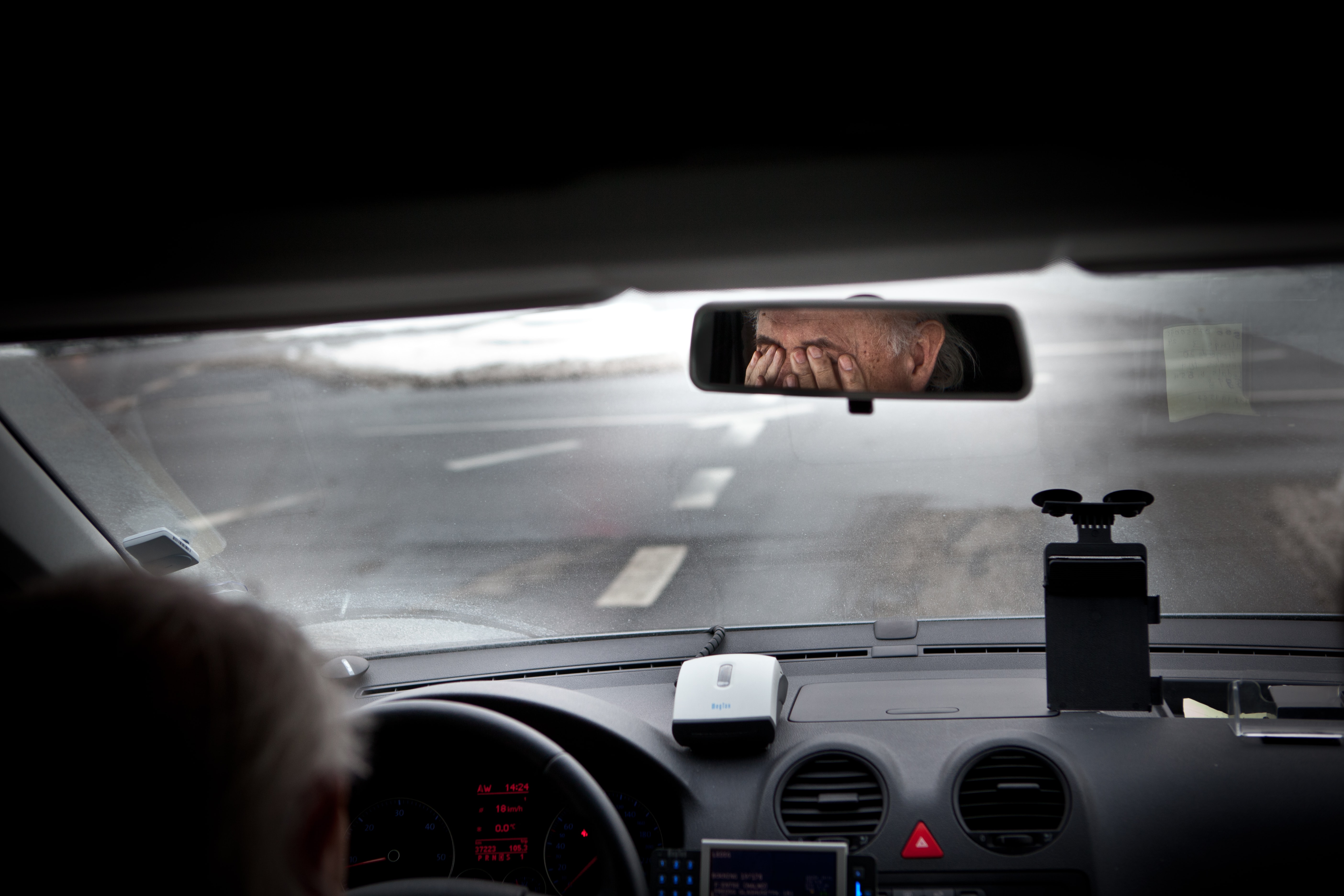Some antihistamines also cause mental confusion, blurred vision, and reduced concentration ability.
In today’s fast-paced world, most people spend at least an hour a day commuting to and from work, school, or other activities. As a result, many people choose to drive instead of walking, biking, or taking public transportation. However, some people must take medications to address specific medical conditions.
These prescription drugs can have adverse side effects on driving performance, making it unsafe for the individual to operate a motor vehicle unless another adult is aware of the risks and agrees to be their designated driver. Moreover, some medications may not be safe to take and drive as they impair judgment or reaction time while driving.
1. Pain Relievers
Pain relievers are a common prescription medication. However, pain relievers can impact driving performance if they impair the driver’s ability to concentrate on the road. They also can cause drowsiness, dizziness, and blurred vision and may interfere with concentration and attention.
Most pain relievers are not illegal to take while driving, but some medications can make it unsafe for the driver to operate a motor vehicle. For example, some pain relievers can cause drowsiness or impaired driving performance.
2. Stimulants
Stimulants treat attention deficit hyperactivity disorder (ADHD), narcolepsy, and sleep apnea. If a person is taking stimulants, they should not drive until the effects of the medication have worn off. Long-acting stimulants may also impair driving performance and should not be taken while driving.
Stimulants, such as amphetamines and cocaine, can impair a driver’s judgment and reaction time. This can lead to unsafe driving conditions, such as driving too fast or failing to stop at a stop sign or traffic light.
If you or your loved one have been involved in an auto accident due to prescribed medication, you may be charged with driving under the influence. If you are found guilty of driving under the influence, you will face severe penalties, including fines and jail time. A prescription medication DUI lawyer can help you fight the charges brought against you.
3. Antihistamines
Antihistamines are used to treat allergies and colds. These medications may cause drowsiness, fatigue, and dizziness. Some antihistamines also cause mental confusion, blurred vision, and reduced concentration ability.
Because these medications can make it unsafe for the person taking them to drive a vehicle, many states have banned their use during driving hours or while driving on the road. For example, in many states, you cannot take an antihistamine within 6 hours of driving.
4. Antidepressants
Antidepressants treat depression or anxiety due to personal problems or stress at work. Antidepressants can make it unsafe for the person taking them to drive a car as they impair judgment and reaction time while driving.
Some antidepressants can also cause drowsiness, dizziness, fatigue, and blurred vision while driving and may interfere with concentration and attention. Some antidepressants are known to cause mental confusion and reduced concentration ability.
5. Antihypertensives
Antihypertensives are a class of medications that treat high blood pressure and other conditions related to high blood pressure. Antihypertensives may cause drowsiness and impair the ability to concentrate or react while driving. For example, beta-blockers are prescribed to help treat high blood pressure.
Although beta blockers do not impair driving performance, they can cause drowsiness, dizziness, and blurred vision. Beta-blockers also can make it unsafe for the driver to operate a motor vehicle as they can decrease reaction time and maintain concentration.
Antihypertensives can also lead to an increase in the risk of stroke and heart attack. Therefore, individuals with these chronic medical conditions need to consult their doctor about whether it is safe to drive while taking antihypertensive medications.
6. Muscle Relaxants

Muscle relaxants are used to treat muscle spasms, cramping, and tension. While these are typically considered safe to take as prescribed, some people who take them may experience drowsiness or confusion when driving. This is because muscle relaxants can reduce muscle activity and slow down the brain.
Moreover, because muscle relaxants also slow down the heart rate, they can cause irregular heartbeats or low blood pressure, which further slows the brain and makes it difficult for a person to respond quickly to unexpected situations that may arise while driving.
Seek Legal Counsel
If you were charged with a DUI after taking a prescription medication, contact an attorney. They can help protect your rights during the legal process and represent your best interest. Your lawyer will plan a strong defense strategy to combat the charges brought against you.
Many law firms offer a free initial case review during which a lawyer will talk you through the main legal steps to take. If you feel good about the legal expert, you may continue working with them.


Join the conversation!